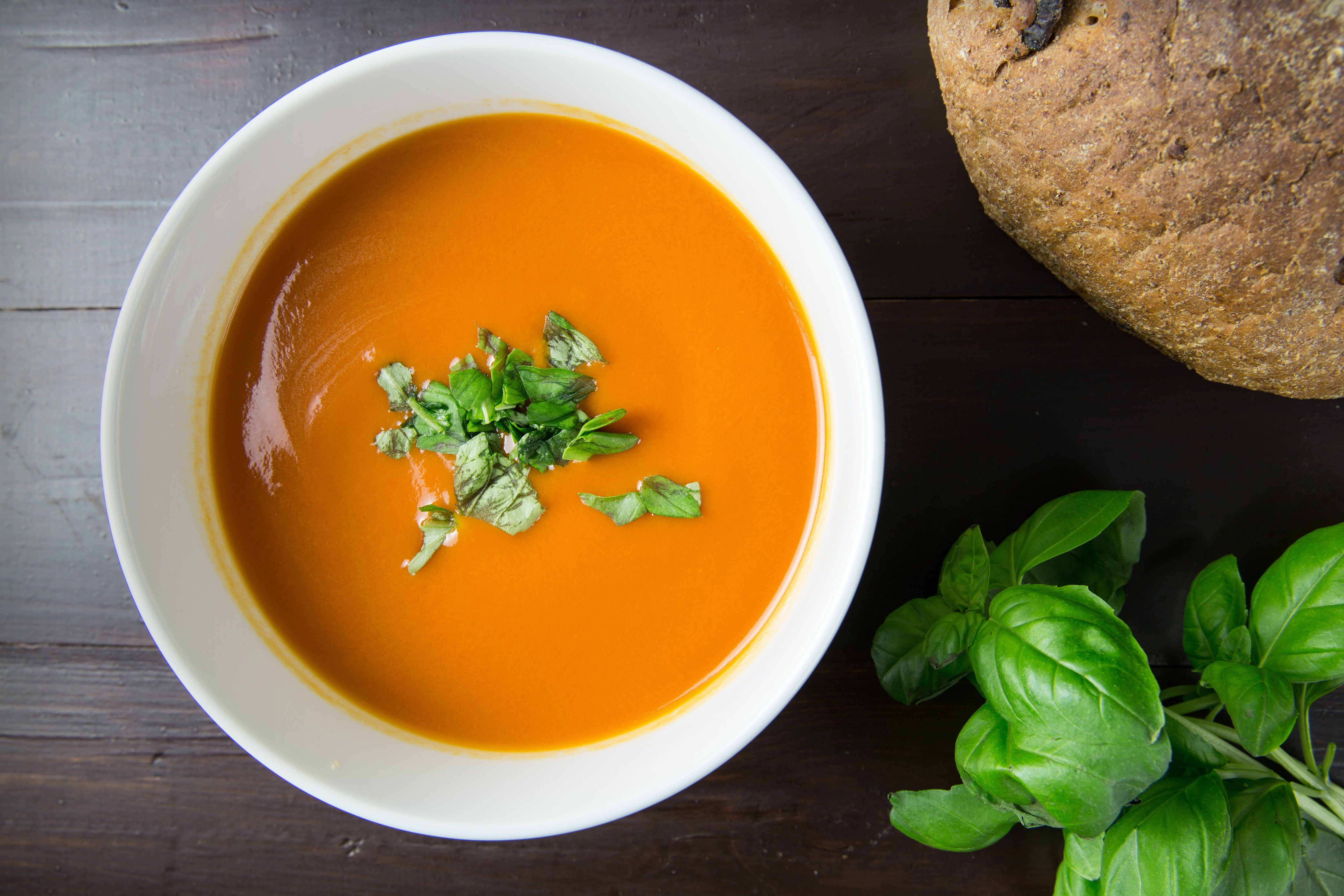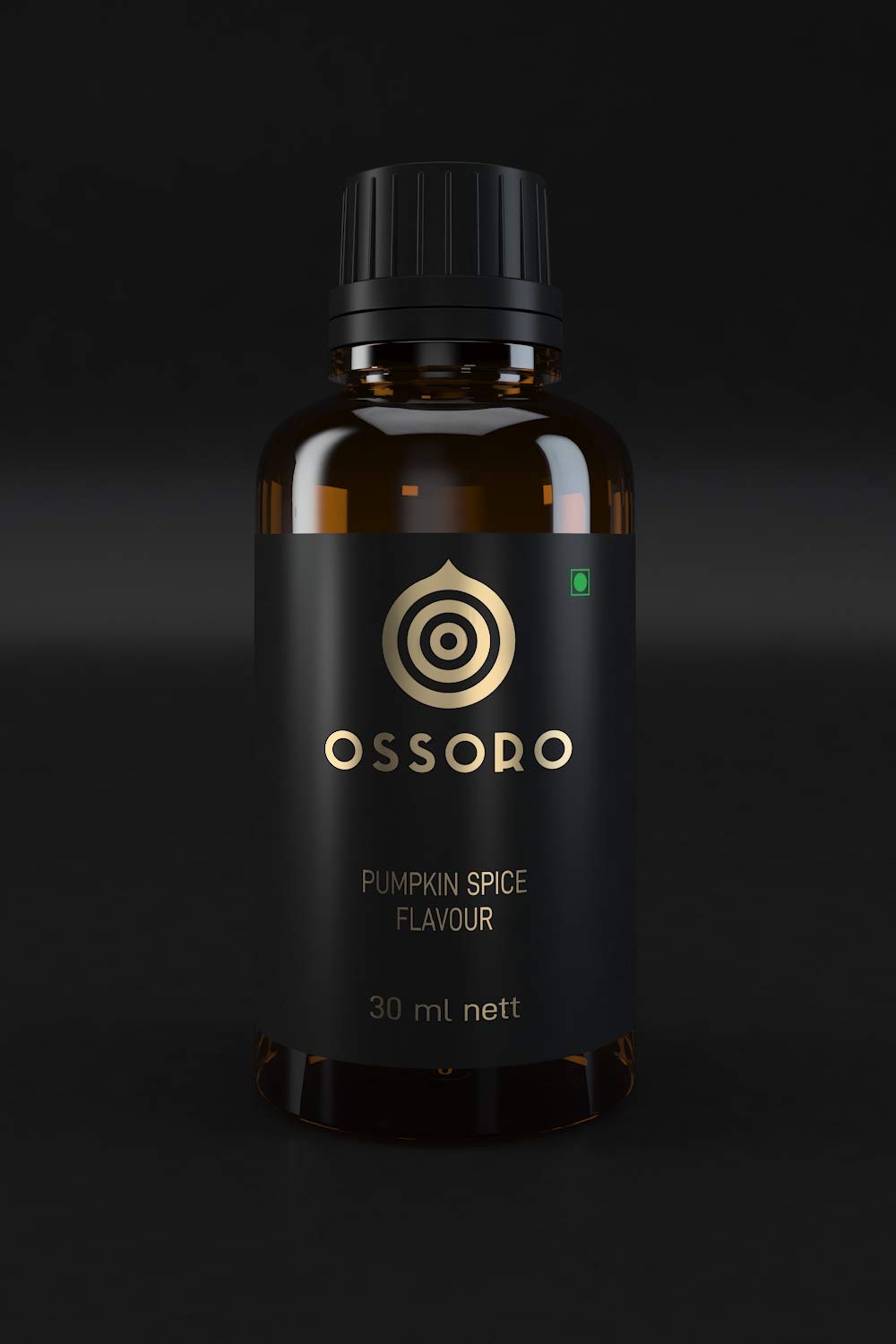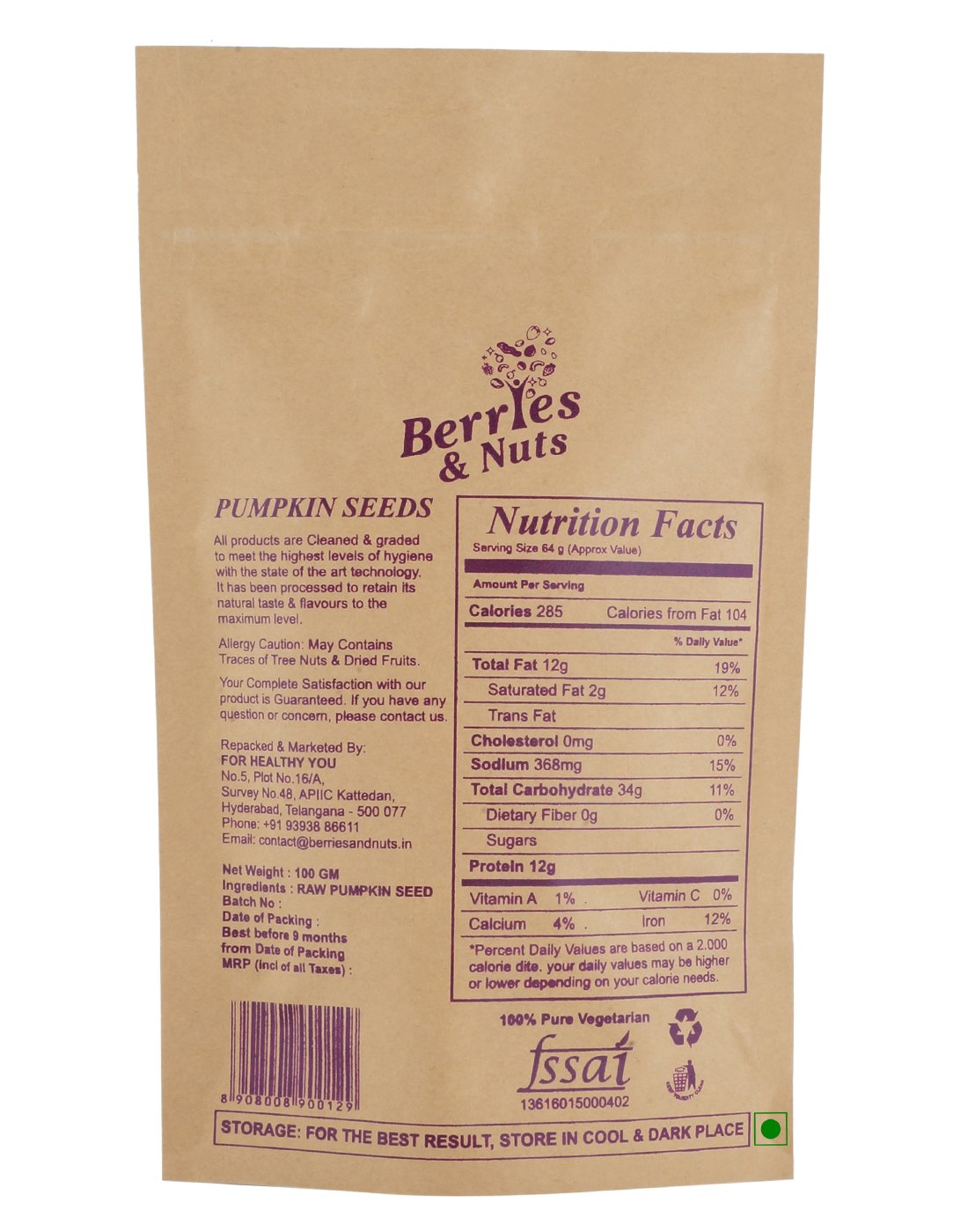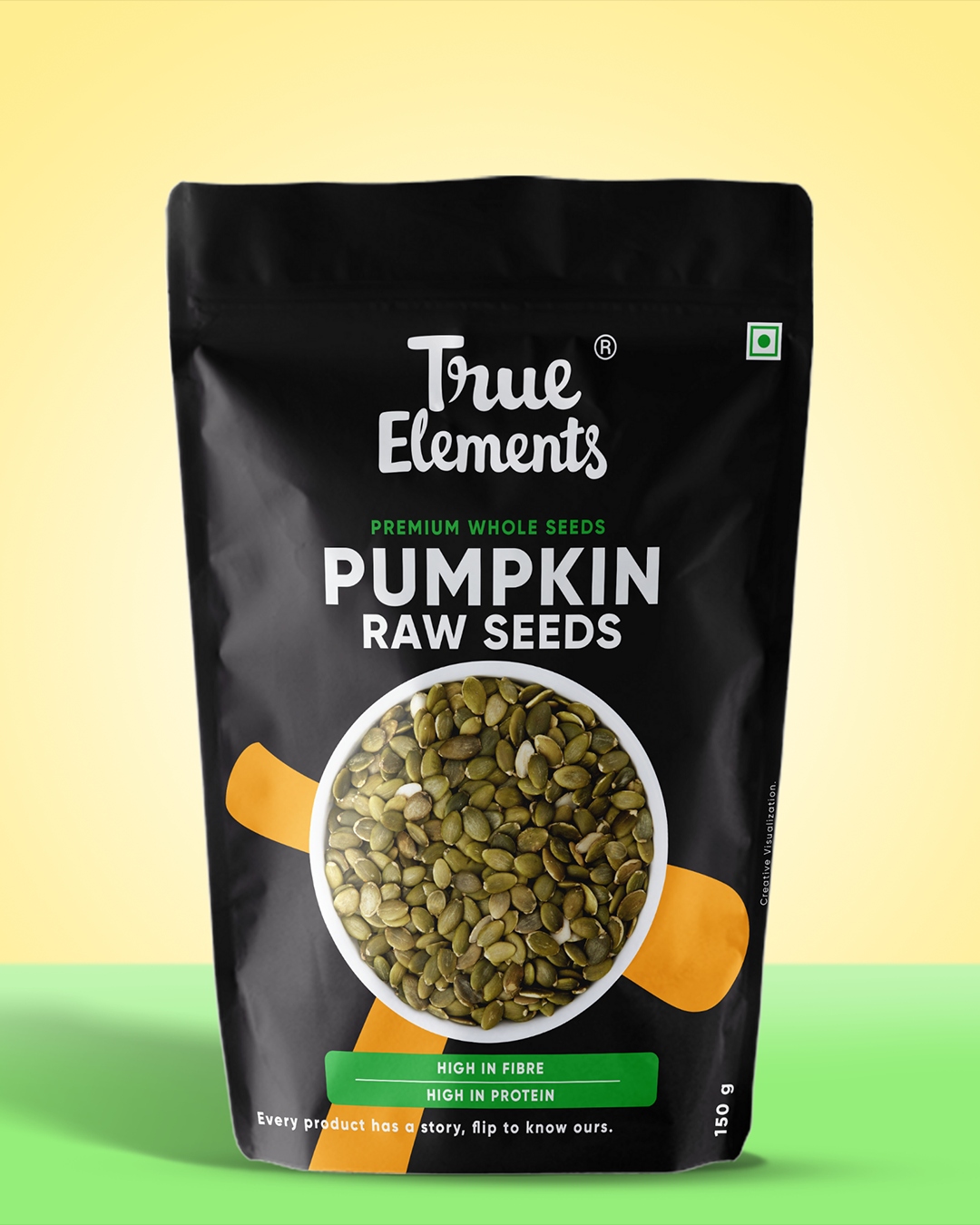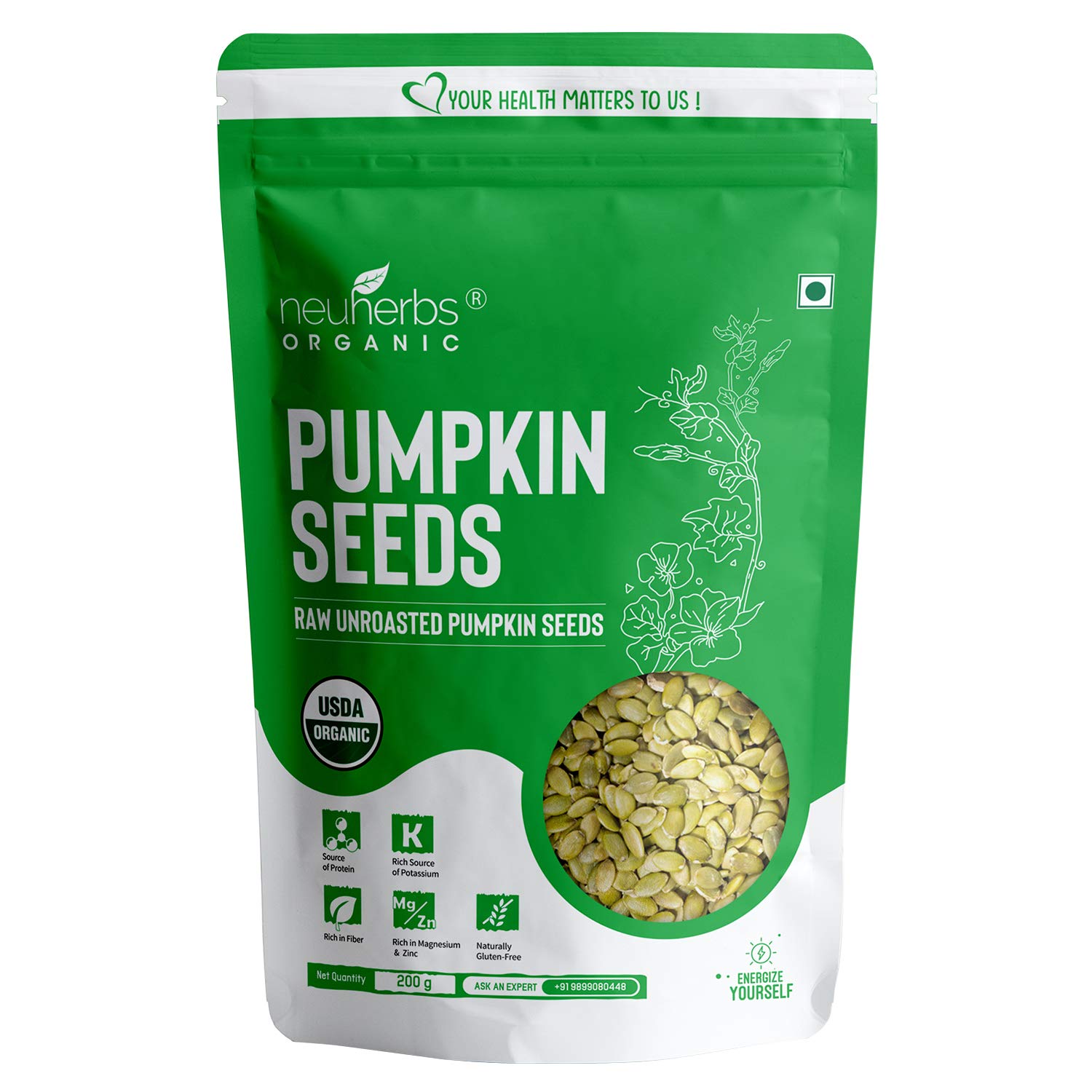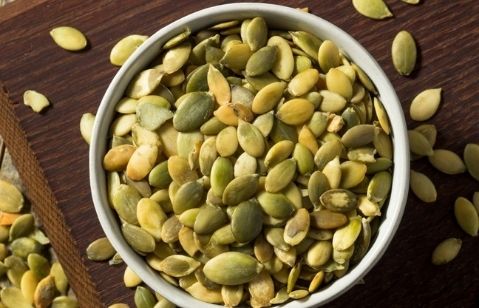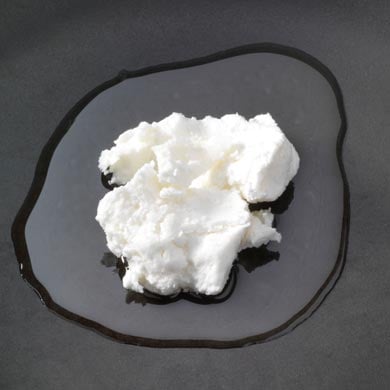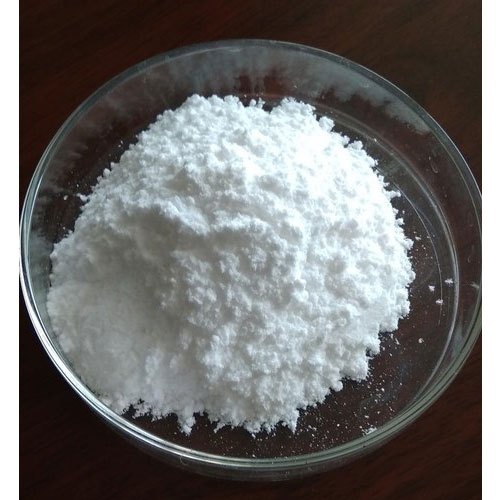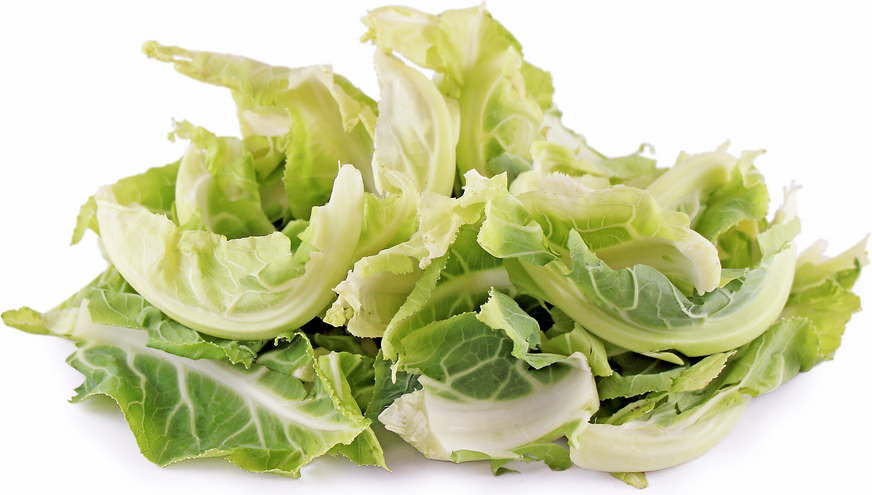Have you ever tried a super easy and super delicious bowl of pumpkin soup that is low in fat but big in flavour? Pumpkins are a good source of zinc and are also rich in minerals, vitamins and antioxidants that can greatly help improve thyroid function in the body. If not have a look at this: https://www.theannoyedthyroid.com/2012/02/02/pumpkin-soup/
Published Date January 24, 2003
All you need to know about Hypothyroidism
By Naurin Ansari
4 min read
Last update date: January 24, 2003
All about thyroid hormones, High blood pressure, iodine and hypothyroidism.

Hypothyroidism is a condition wherein the body doesn’t produce enough thyroid hormones but do you know what leads to this condition?
Read on to learn the leading causes, consequences and measures to prevent hypothyroidism.
What is Hypothyroidism/ Underactive thyroid?
Hypothyroidism is a condition when the thyroid gland doesn’t produce enough thyroid hormones. The amounts of Triiodothyronine (T3) and Thyroxine (T4) in the bloodstream are lower than usual, which ultimately leads to a decreased metabolic rate.
What causes Hypothyroidism?
- Autoimmune diseases:
Hypothyroidism’s most common cause is an autoimmune disorder known as Hashimoto’s thyroiditis. An autoimmune disorder is a disorder in which your immune system produces antibodies against your tissues. These antibodies ultimately affect the thyroid gland’s ability to produce essential thyroid hormones. - Radiation therapy:
Radiation therapy used to treat head and neck cancers can affect your thyroid gland by reducing the production of thyroid hormones. - Thyroid surgery:
Removing a large portion of your thyroid gland might halt or diminish hormone production leading to a severe case of hypothyroidism. - Medications:
Many medications might lead to hypothyroidism. Lithium, which is used to treat certain psychiatric disorders, Interferon-alpha which is used to treat leukaemia and Thalidomide which is used to treat leprosy and multiple myeloma. - Congenital reasons:
Some babies are born with a defective thyroid gland or no thyroid gland at all due to reasons like premature birth, thyroid disease in the mother or because of the medicines the mother had during pregnancy. - Pregnancy:
Some women might develop hypothyroidism during or after pregnancy (postpartum hypothyroidism) because they produce antibodies against their thyroid gland. If this is left untreated, it might increase the risk of miscarriage, premature delivery and preeclampsia (a condition that causes a significant rise in a woman’s blood pressure during the last three months of pregnancy). It can also adversely affect the developing foetus. - Iodine deficiency:
Iodine is a mineral required for the production of thyroid hormones. Too little iodine might lead to hypothyroidism and too much might worsen the condition in people already having hypothyroidism.
Consequences of hypothyroidism.
Hypothyroidism affects different parts of the body, below are the consequences of hypothyroidism.
- Mental health issues :
Low levels of thyroid hormones in the body can contribute to sadness and depression. - Goitre :
An abnormal enlargement of the thyroid gland is known as goitre. It happens in people with Hashimoto's thyroiditis, a common cause of hypothyroidism. - High blood pressure :
Low levels of thyroid hormone may increase blood pressure through interactions with the blood vessels and circulatory system. - Slow metabolism :
Too little thyroid hormone will slow down the body’s metabolism leading to weight gain. - Thinning hair :
Loss of hair on the body, scalp and face might occur due to low thyroid hormones. - Dry skin :
Low thyroid hormone levels affect the skin, leading to dryness and itchiness. - Menstrual changes :
Hypothyroidism may cause periods to occur irregularly and may cause changes in the menstrual flow. Fertility might also get affected, making it difficult to get pregnant. - Stomach bloating :
Low levels of thyroid hormones slow down the movement of food in your digestive tract which can leave you feeling bloated.
Nutrition for managing hypothyroidism
People suffering from hypothyroidism should follow a well-balanced diet that is not high in sodium or fat. Some foods and nutrients may be considered hazardous if consumed in large quantities which includes soya and iron supplements, as they affect iodine absorption. Some cruciferous vegetables like kale, cauliflower and cabbage may contribute to goitre (if consumed in very large quantities). Iodine found in kelp, other seaweeds and also in some supplements can be hazardous if taken in larger amounts.
Actionable Insights:
References
- Effects of Hypothyroidism: Thinning Hair, Heart Attack and More (healthline.com)
- https://www.healthline.com/nutrition/hypothyroidism-diet
- https://www.mayoclinic.org/diseases-conditions/hypothyroidism/symptoms-causes/syc-20350284
- Are Cruciferous Vegetables Bad For Thyroid? - GOQii
- Selenium and Its Role in Thyroid Function – Thyroid Central
- Are Goitrogens in Foods Harmful? (healthline.com)
Keep reading
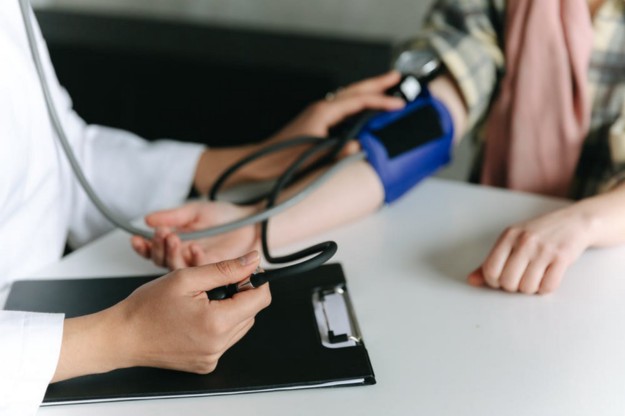
All you need to know about Hypertension
All about blood pressure, lack of physical activity and hypertension.
By Naurin Ansari

All you need to know about Salicylate Sensitivity
All about coffee, Almonds, Capsicum and salicylate sensitivity.
By Arpita Sudev

Hydration Facts You Need To Know
Water is the most essential drink in our life. It is used in almost all the activities that we carry out in our day-to-day life. Cooking, bathing, cleaning, everything needs water.
By Hetvi Shah

How Much Do You Know About FODMAP?
All about IBS, Crohn's disease and FODMAP.
By Arpita Sudev
Related Items
Choose Healthy With Us.
Know the real truth about your food. Stay informed and healthy, for free.

Download the App Now
Certified nutritionists trust our food recommendations. Safe to say, so can you :)




